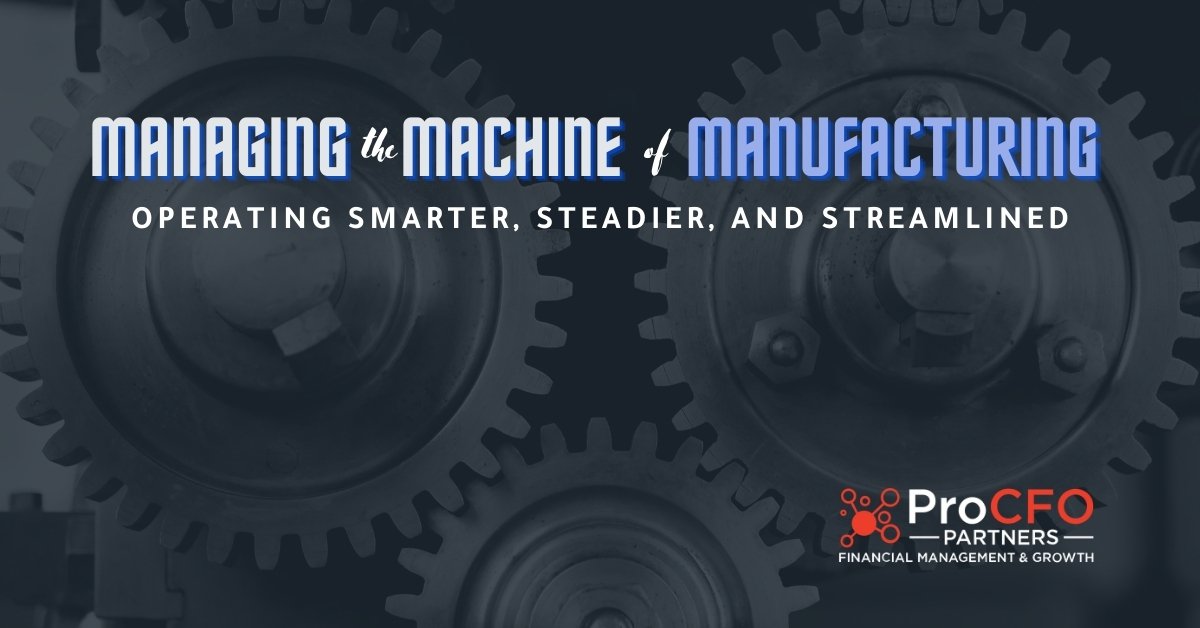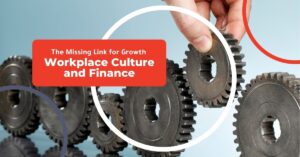Managing the Machine of Manufacturing: Financial Functions To Streamline Success
Sep 23, 2020
Manufacturing companies create everything from pens to paperclips, automobiles to airplanes. There are small businesses and global enterprises. One concern they all have in common is effective inventory control. Making the right product at the right time is the heart of the financial engine that drives manufacturing.
The Art of Inventory Control in Manufacturing
As much as possible, manufacturing companies want to balance the supply chain so they have just the right amount to create just the right amount. If a manufacturer has too few raw materials to accommodate demand, they’ll miss sales opportunities and the revenue sales creates. Too much inventory and they’ll have to reduce costs and give discounts to offload stores.
This can be a delicate balance because it requires forecasting supply and demand months ahead of time and fine tuning the business accordingly. This is where a well understood cash conversion cycle is crucial.
The Cash Conversion Cycle in Manufacturing
The cash conversion cycle follows the chain of events from when an order is taken to the time when you collect on that order. The better manufacturing companies can control their production process and generally the shorter they can make it, the more flexible they can be. A key to this process can be automation, allowing you to improve processes to such a point that a product can be delivered more quickly, allowing payment to be received more quickly.
Automation introduces its own financial realities, typically requiring an upfront cost in software, equipment, artificial intelligence, Internet of Things, or other required investments that will pay off over time as efficiencies in production are improved. These efficiencies can bring the costs of production down, allowing faster manufacturing and delivery. For processes to reach this kind of efficiency, the supply chain must be performing as smoothly and predictably as possible.
Supporting the Supply Chain
If one link in the supply chain breaks, everybody down the chain suffers, and it’s imperative that manufacturing companies manage these realities with sound financial functions.
Sales forecasting of a manufacturer’s customers is key, but so is having supply chain contingencies, allowing manufacturers to better manage potential disruption. And added benefit of diversity in the supply chain is that it allows for some leverage to negotiate better terms of vendors and relationships in the supply chain. All of this requires comprehensive reporting and broad understanding of the many financial dynamics impacting your company.
The role of the CFO for Manufacturing Companies
The right fractional CFO or part-time CFO can help organizations avoid putting crucial information in silos that prevent insight. What’s happening in the supply chain impacts production, which impacts sales. And what’s happening in the market impacts how much and what kinds of materials are necessary. A CFO can see these relationships with insight and context, help standardize processes, and avoid inefficiencies or being too reactive to situations.
The right CFO for manufacturing companies is forward thinking, is a strategic partner, and is familiar with the operations that are impacting performance.


